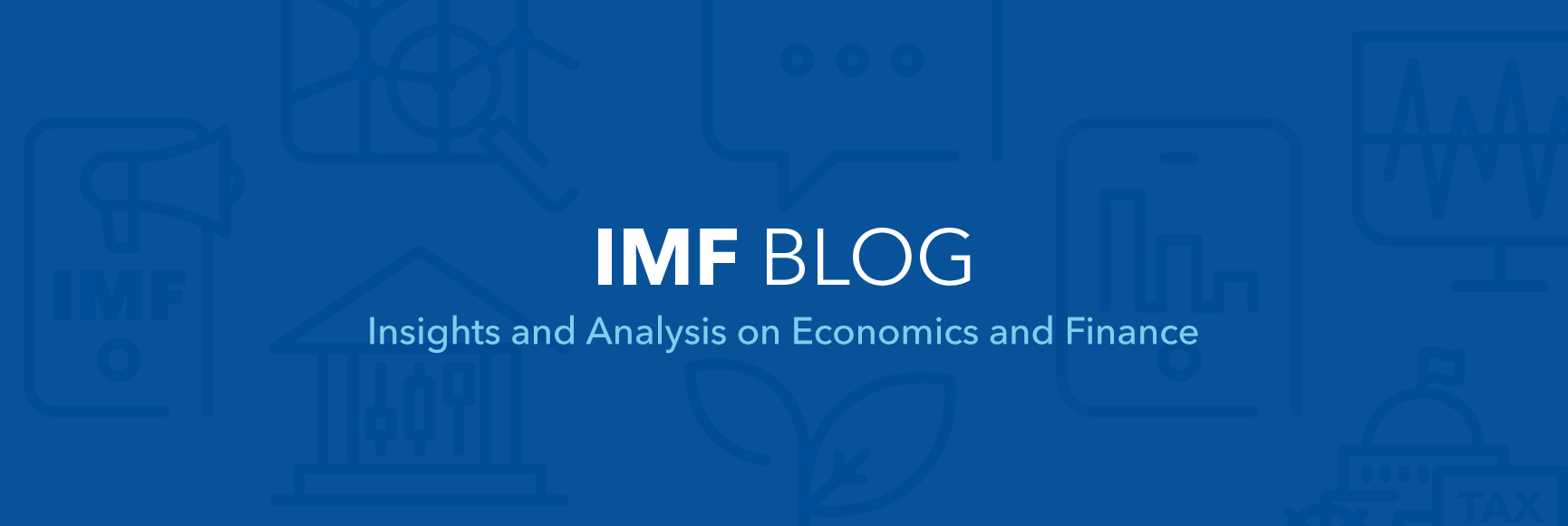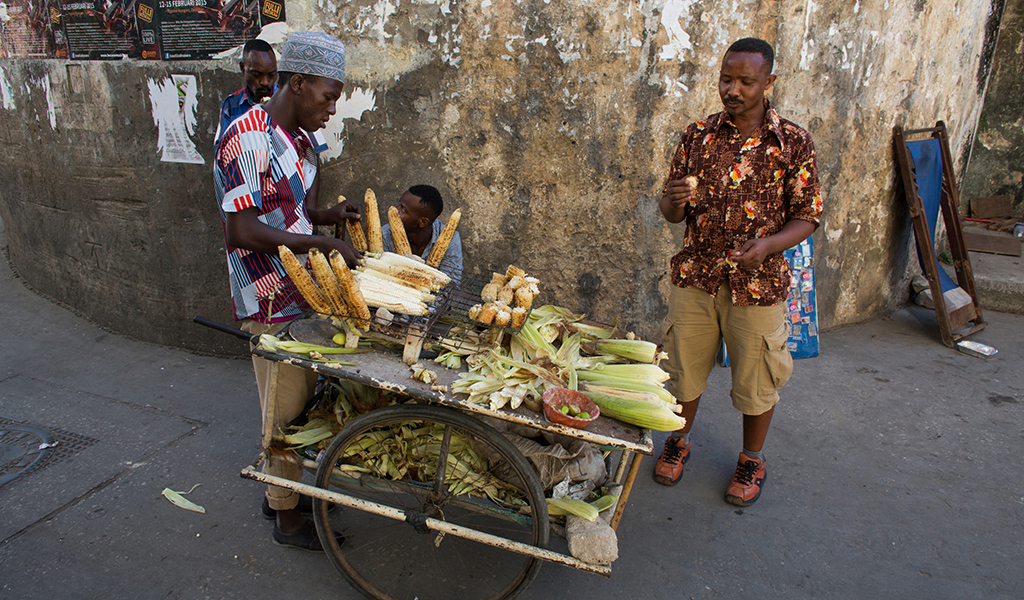(Version in عربي)
The uprisings that spread across the Middle East and North Africa in 2011 taught us that even rapid economic growth cannot be maintained unless it is inclusive, creates enough jobs for the growing labor force, and is accompanied by policies that protect the most vulnerable. And the absence of transparent and fair rules of the game will inevitably undermine the development process.
Hopes after the revolutions are high and so are people’s expectations. Hence, there is a need to pay more attention to socioeconomic issues in making policy decisions. In my speech today at the Arab Economic Forum in Beirut, I argued that we need an “Economic Spring” to complement what has become known as the “Arab Spring.”
Gloomy picture needs attention
At over 25 percent, the youth unemployment rate in the region’s oil-importing countries exceeds that of any other region in the world—a rate that reaches up to 30 percent in Tunisia and 32 percent in Morocco. Ironically, education in the region is not a guarantee against unemployment. In fact, unemployment tends to increase with schooling, exceeding 15 percent for those with tertiary education in Egypt, Jordan, and Tunisia.
In many countries of the region, poverty rates are unacceptably high while human development indicators lag behind those of many others elsewhere according to reports by the World Bank and the United Nations Development Program.
How to make growth inclusive
Medium-term economic strategies should focus on providing economic opportunities to all, including by providing equal and improved access to credit. Jobs cannot be created without aligning the education system to prepare graduates for what is needed in the modern labor market. Reforming the labor market itself is also needed to eliminate rigidities and boost job-creation.
It is also vital to promote transparency and reduce red tape to help foster a business-friendly environment and advance the role of the private sector in the economy and, hence, create necessary jobs. Progress in this area would also help bring the informal sector into the fold, which would spur the economy and promote more inclusive growth. There is simply no other way to create the 50–70 million jobs needed for the people joining the labor force and to reduce unemployment over the next decade.
Subsidy schemes, upon which many people depend, must also be well designed and targeted. The IMF estimates subsidies to cost about $210 billion, about 7 percent of the region’s GDP. Budgeted food and fuel subsidies account for about 16 percent of GDP in Egypt and 12 percent of GDP in Jordan, for example. Yet, only 20 percent of those subsidies reach the poor while the remaining 80 percent benefit the non-needy.
Price subsidies also encourage socially wasteful activities such as smuggling, black markets, and corruption. In Egypt, for example, price subsidies have reportedly led to the use of bread as animal and fish feed. Moreover, subsidized wheat – which is supposed to be used in producing “Baladi bread” – often ends up being sold in the black market to bakery shops that make fancy cakes, while the poor stay for long hours for bread and not get enough to feed their families. There has been also report of smuggling of gasoline and diesel, while the black market is widespread in the case of subsidized bhutan gas cylinders, leading frequently to severe shortages and long waiting lines.
To that end, replacing wasteful subsidy regimes that benefit mostly the wealthy with targeted social safety nets that protect the poor should occupy a high place on any reform agenda. Resources freed up by better-targeted subsidies could then be used for investment in infrastructure, education, and health.
Finally, it is important to realize that a socially inclusive agenda will only survive if it is homegrown and if economic and financial stability prevail. Therefore, sound macroeconomic policies are needed to keep inflation, which hurts the poor the most, and fiscal and external imbalances in check.
How the IMF can help
For its part, the International Monetary Fund is helping on three main fronts: policy advice, capacity building, and financing.
On policy advice, we have adapted our analytical work to face the new realities on the ground by integrating the concept of inclusive growth more systematically in our policy advice. In this difficult environment, the IMF is promoting measures to increase spending on, and improve the targeting of, social safety net programs that can mitigate the impact of the great recession.
We have also identified five areas critical to achieving more socially inclusive growth than in the past—job creation, better-targeted social safety nets, stronger governance and business environments, better access to finance, and greater trade access and integration.
Regarding capacity building, our efforts in the region are focused on providing technical assistance and training that aim to build strong institutions, particularly in public finance management and banking supervision; develop equitable fiscal policies to ensure more fairness; and construct good data to create a solid basis on which policy decisions can be taken. This is where we see great merit in a regionally consolidated statistical body, namely ARABSTAT. Such an institution would be important for transparency and governance in the region as it would take the lead in promoting the production and dissemination of data at the country as well as regional level. It would also spearhead efforts in improving data quality to meet international standards.
On financing, we have created new lending facilities and tools with streamlined conditionality partly in response to the financing needs in the region and are mobilizing other official financing to fill short-term fiscal and external gaps in a number of countries. Also, as part of our efforts to protect vulnerable groups in the current difficult environment, program conditionality in most countries has included a commitment by the government to strengthen the use of resources for social safety nets.
As part of a broader reform to make the IMF’s financial support more flexible to address the diverse needs of member countries, the Fund has created the Rapid Financing Instrument (RFI) and the Precautionary and Liquidity Line (PLL). The RFI provides rapid financial assistance to all member countries facing an urgent balance of payments need. The PLL, on the other hand, provides financing to meet actual or potential balance of payments needs of countries with sound policies, and is intended to serve as insurance or help resolve crises under wide-ranging situations.
We know that social exclusion and unemployment, especially among young people, are very painful and that the challenges ahead are formidable. We should not let the hopes and aspirations of the people who took to the street go unfulfilled. We must strive to ensure that the people of the Arab countries in transition have the opportunity for a fairer and more prosperous future.



